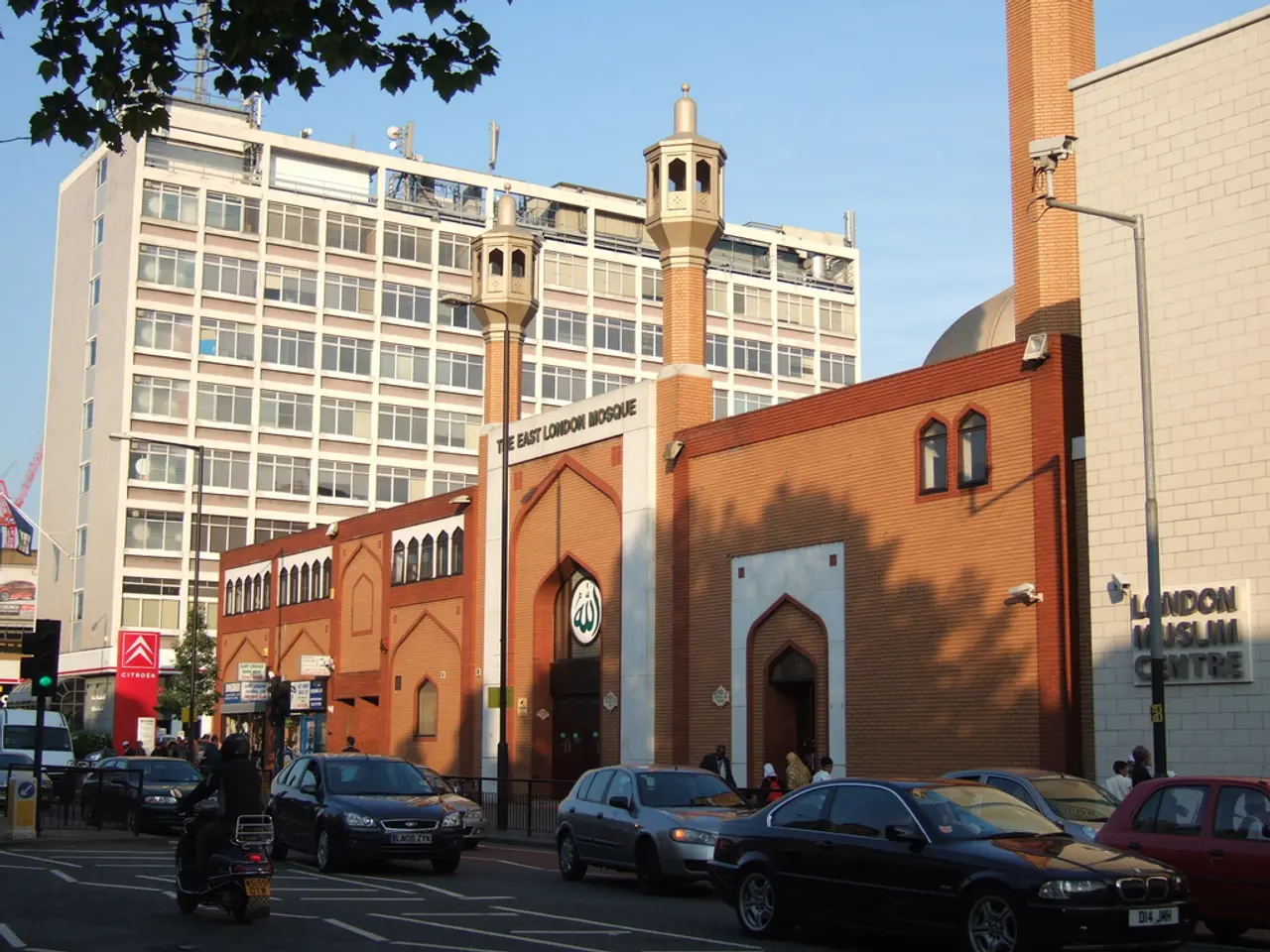Potato woes and economic strife: Russia's economy is in turmoil
Escalating financial struggles in Russia deepen
Russia, the land of vast agricultural potential, is grappling with economic troubles that extend beyond its defense industry. The scarcity of potatoes and onions is a matter of public concern, even reaching the attention of President Vladimir Putin.
Prices for staple foods such as potatoes, onions, and cabbages have skyrocketed, leaving many Russians struggling to make ends meet. In June, a kilogram of potatoes cost over one euro, a hefty sum considering the average monthly income before taxes and pensions is around 1000 euros.
The rising food prices are driving inflation, currently at 9.6% according to the Ministry of Economy. The Central Bank is using high-interest rates to control this inflation, but Russia is encountering new complications.
A rocky road ahead for domestic growth
At the St. Petersburg International Economic Forum, the Russian economy minister, Maxim Reshetnikov, was unusually candid about the problems the domestic economy faces. He warned that Russia could be on the brink of recession, and that the current interest rate level demotivates entrepreneurs to invest. He estimates that investments could be below last year's level in the third and fourth quarters.
Central Bank Chief Elvira Nabiullina acknowledged challenges ahead, predicting difficulties for the Russian economy. Programs to replace imports and existing capital reserves of the banking system have helped Russia grow despite sanctions in the past, but she explained that many of these resources are now depleted. Russia needs to find a new growth model.
Defense industry's growth at the expense of the civilian sector
Although Russia's economy has held up better than expected after Putin's order to attack Ukraine, this is largely due to the drastic shift towards war production. Allies of Putin boast of increased ammunition and weapon production, but this growth comes at the expense of the civilian sector.
Companies outside the defense industry have been grappling with high costs, labor shortages, and technological backwardness, exacerbated by sanctions. The construction and real estate sector and the car manufacturing industry are in severe crises. While China is selling more cars in Russia, they are not produced locally, leaving gaps that Lada producer Avtovaz, part of the defense industry empire, has not been able to fill.
Impacts on agriculture and harvest
The agricultural machinery manufacturer Rostselmasch is facing similar struggles, sending more than 15,000 employees on forced leave and introducing short-time work due to a drop in sales. Farmers lack the means for new equipment, and the high interest rates and rising production costs are taking a toll.
This impact is being felt on the farm as well. In 2022, Putin announced a record grain harvest of 157 million tons, but yields have decreased in the past two years. Although Putin aims for a new harvest of 170 million tons by 2030, Deputy Prime Minister Dmitri Patrushev has warned that the current trend is moving in the opposite direction.
In summary, Russia's economic challenges extend beyond its defense industry, with a stagnant civilian economy, high inflation, and declining energy revenues straining the budget. These issues are causing volatility, reduced business and consumer confidence, and eroding living standards, threaten Russia's broader economic stability.
- The ongoing economic difficulties in Russia are not limited to its defense industry, as the price hikes of staple foods such as potatoes -- a significant concern for many -- are driven by inflation that currently stands at 9.6%, according to the Ministry of Economy.
- National sporting events offer opportunities for community engagement and could potentially boost employment, as the government works to identify strategies for economic recovery, such as fostering a more conducive employment policy to motivate investors and entrepreneurs.







